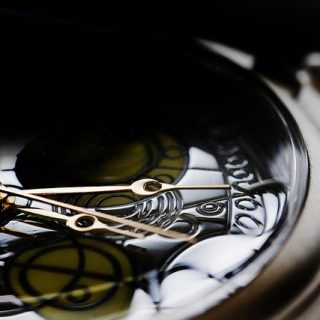Intuition, that little inner voice we too often silence, could well guide us toward better choices. What if it deserved to be rehabilitated in our modern lives?
In an age where algorithms assist us in every decision, intuition seems almost like a relic of another era. Yet, this ability to feel, guess, and perceive without apparent logic remains a valuable tool for self-knowledge.
Far from being irrational, it draws on our memory, our experience, and our sensitivity. So why do we so often ignore it? Perhaps because our society values reason more than instinct. Yet, listening to it also means regaining control over our choices.
Ancestral and precious knowledge
Scientifically, intuition is recognized as a form of nonverbal intelligence. It results from the rapid and unconscious processing of information from our experiences. It’s this “feeling” that makes us say, “I don’t feel it” or “That’s what we need to do,” without being able to explain why.
For artists, therapists, and entrepreneurs, it often guides key decisions. In an ultra-structured world, it remains a precious link to our deepest nature, an inner compass shaped by our unconscious and our emotions.
Why do we stifle it?
Intuition is disturbing because it escapes control, data, and Excel spreadsheets. We prefer logic, proof, and validation. From childhood, we learn to doubt our feelings in favor of rational reasoning. As a result, we gradually lose this instinctive connection.
However, intuition can be reactivated. Through self-listening, meditation, free writing, and slowing down. Some even speak of “sensory hygiene,” meaning avoiding information overload, returning to silence, and observing the body’s signals. Because intuition often first manifests itself as tension or spontaneous enthusiasm that we choose to ignore.
Intuition and life decisions: trusting the invisible
Making an important decision based solely on facts can sometimes leave a feeling of incompleteness.
Conversely, those who let themselves be guided by their intuition often demonstrate a profound consistency between their choices and their values. This doesn’t mean that we should abandon everything to feelings, but that intuition deserves its place at the decision-making table. It illuminates gray areas, gives meaning to the unspeakable, and complements our reason rather than replacing it.
























Follow us on Instagram